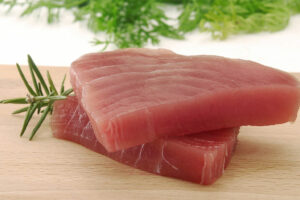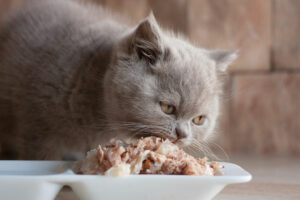7 signs of depression to look out for

While it is common to occasionally feel moody, sad, or apathetic, some people experience these emotions for prolonged periods. Depression can cause these emotions to become quite severe, to the point of affecting their quality of life. Depression is a serious mental health condition that can cause severe physical symptoms, too. It is crucial to be aware of some common signs of the condition and seek help quickly.
1. Feeling hopeless
Depression may cause a person to have frequent feelings of hopelessness. This is often accompanied by a persistent feeling of not contributing anything worthwhile to one’s personal, social, or professional life. Although no significant adverse life event may have occurred, the feelings of hopelessness and worthlessness make the person feel like a failure. This is because depression is a complex disorder brought about by faulty mood regulation by the brain, stressful life events, and genetic factors. It is believed that several of these forces are responsible for the onset of depression. Usually, feelings of hopelessness may last for a while and occur repeatedly over time. Sometimes, these can be persistent for more extended periods, too.
2. Experiencing difficulty managing moods
Another common sign of depression to look out for is frequent mood swings. This happens because of a serotonin imbalance in the brain. Often, depression affects the level of serotonin, a natural body chemical that controls mood. As a result, a person finds it difficult to regulate their moods. They begin to experience sudden changes in their mood. For instance, they may express irritability and have anger outbursts at the slightest inconvenience. Or they may suddenly feel low or empty out of the blue without any triggering event or incident.
3. Losing interest in usual activities
Along with causing imbalances in serotonin levels, depression affects the level of dopamine in the brain. Like serotonin, dopamine is a natural chemical that works as a neurotransmitter in the brain. When released at sufficient levels, dopamine works as a reward center. This means it helps with feelings of pleasure, motivation, and satisfaction. But with depression, the dopamine levels go down, making a person lose interest in activities they once enjoyed. Consequently, they do not feel much joy or satisfaction even when engaged in their hobbies.
4. Sleeping too little or too much
Depression affects not only a person’s emotional health but also their physical health. As a result, a person may also experience several physical symptoms, such as a lack of sleep or sleeping too much. This usually results from low dopamine levels, which also affect melatonin production in the body. With melatonin levels affected, a person with depression finds it harder to sleep well. They are unable to sleep or end up waking too many times. Sometimes, depression also causes a person to sleep more than usual.
5. Failing to remember events or things
A person’s capacity to remember events and things is also affected by depression. Often, this happens because of increased cortisol levels, a chemical produced by the body in response to stress. When stress levels are higher and stress is experienced regularly, cortisol levels spike. Over time, this continual spike affects the hippocampus, a part of the brain responsible for storing and retrieving memory. The hippocampus starts to become small, and its function becomes slower, and the person’s memory is affected.
6. Experiencing trouble concentrating
Aside from the hippocampus, depression also affects another critical area of the brain, which is the prefrontal cortex. The thickness of this part starts to reduce over time. Subsequently, the functioning of the prefrontal cortex is affected, causing the person to experience executive dysfunction. As a result, the capacity to concentrate and pay attention starts to decline. So, a person may frequently lose focus on a task or conversation and go through what is commonly known as brain fog. This often makes it harder to carry out regular daily activities and work.
7. Increasing feelings of anxiety
Depression often triggers chronic anxiety in many people. When left undiagnosed or untreated for a long time, chronic anxiety may cause episodes of panic attacks. So whenever depression is suspected, it helps to look out for signs of anxiety as well. Some of the common symptoms of anxiety include the following:
- Feeling nervous, restless, or stressful
- Experiencing feelings of impending doom or panic
- Experiencing an elevated heart rate and rapid breathing
- Noticing increased or heavy sweating
- Trembling or twitching of muscles



